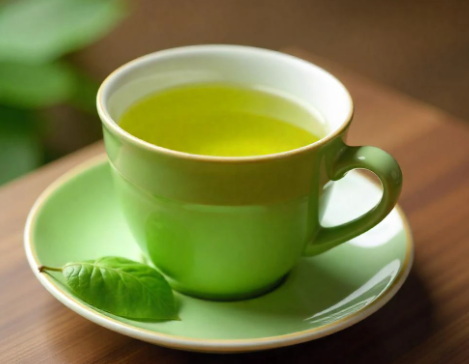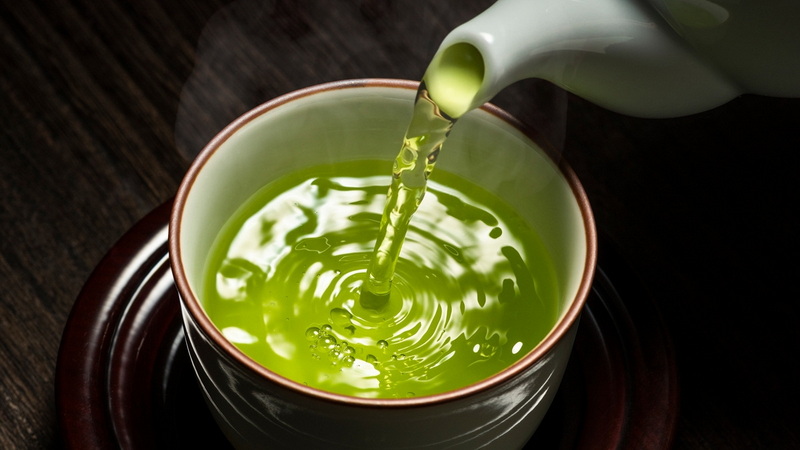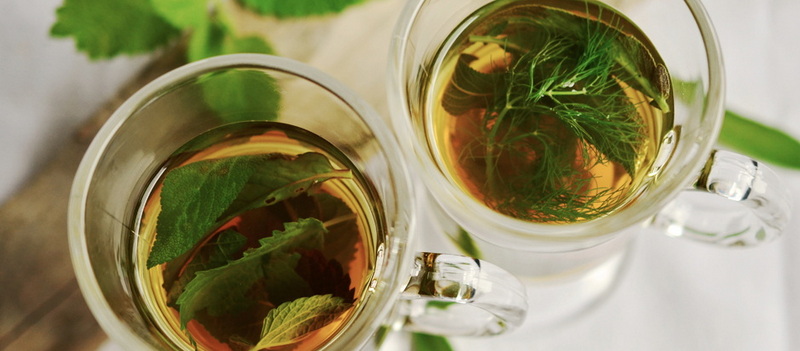Content Menu
● Understanding Green Tea Extract
>> Composition of Green Tea Extract
● Caffeine Content in Green Tea Extract
● Health Benefits Beyond Caffeine
>> Antioxidant Properties
>> Weight Management
>> Brain Health
● How Does Caffeine Affect the Body?
>> Mechanism of Action
● Recommended Dosage
● Safety Considerations
● Popular Forms of Green Tea Extract
● Combining Green Tea Extract with Other Supplements
● Conclusion
● FAQ
>> 1. What are the main components of green tea extract?
>> 2. How much caffeine is typically found in green tea extract?
>> 3. Can green tea extract help with weight loss?
>> 4. Are there any side effects associated with green tea extract?
>> 5. How should I take green tea extract for optimal benefits?
● Citations:
Green tea extract has gained popularity as a dietary supplement, often touted for its health benefits, including weight loss, improved brain function, and antioxidant properties. However, a common question arises: Is green tea extract just caffeine? This article delves into the composition of green tea extract, its caffeine content, and the broader implications of its health benefits.

Understanding Green Tea Extract
Green tea extract is derived from the leaves of the Camellia sinensis plant. It is concentrated to retain beneficial compounds such as catechins, polyphenols, and caffeine. The most notable catechin in green tea is epigallocatechin gallate (EGCG), which is linked to various health benefits.
Composition of Green Tea Extract
- Catechins: These are antioxidants that combat oxidative stress and inflammation.
- Caffeine: A natural stimulant that can enhance focus and energy levels.
- Other Compounds: Includes vitamins (like vitamin C), minerals (such as manganese and potassium), and amino acids (like L-theanine) that contribute to overall health.
Caffeine Content in Green Tea Extract
The caffeine content in green tea extract can vary significantly depending on the brand and formulation. Here are some examples of caffeine levels in popular green tea extracts:
| Brand | Green Tea Extract (mg) | Caffeine (mg) |
| NOW Foods | 400 | 32 |
| Jarrow Formulas | 500 | 40 |
| Life Extension Mega Green Tea | 725 | 25 |
| Nature's Truth | 20 | 200 |
As seen in the table above, while some extracts contain minimal caffeine, others can have substantial amounts. Generally, a standard cup of brewed green tea contains about 25-29 mg of caffeine.
Health Benefits Beyond Caffeine
While caffeine is a significant component of green tea extract, it is not the only beneficial compound. Research indicates that the combination of caffeine and catechins can lead to enhanced metabolic rates and fat oxidation. A study found that green tea extract significantly increased energy expenditure compared to a placebo group. This suggests that while caffeine contributes to these effects, it is not solely responsible for them.
Antioxidant Properties
Green tea extract is rich in antioxidants, which help neutralize free radicals in the body. This property may contribute to reducing the risk of chronic diseases such as heart disease and cancer. The high levels of polyphenols found in green tea have been shown to improve cardiovascular health by lowering cholesterol levels and improving blood vessel function.
Weight Management
The thermogenic properties of green tea extract can aid in weight management. Studies show that it may enhance fat burning during exercise and improve metabolic rates. For instance, one study published in the American Journal of Clinical Nutrition found that participants who consumed green tea extract experienced a significant increase in fat oxidation during moderate-intensity exercise.
Brain Health
Green tea extract may also support brain health. The combination of caffeine and L-theanine, an amino acid found in green tea, can improve cognitive function and promote relaxation without drowsiness. Research has shown that this combination may enhance working memory and attention span.

How Does Caffeine Affect the Body?
Caffeine acts as a central nervous system stimulant. It can improve alertness, concentration, and overall cognitive function. However, excessive consumption can lead to side effects such as anxiety, insomnia, and increased heart rate.
Mechanism of Action
Caffeine works by blocking adenosine receptors in the brain, which prevents feelings of tiredness. This leads to increased dopamine production, enhancing mood and providing a sense of well-being. However, tolerance can develop over time; regular consumers may find they need higher doses to achieve the same effects.
Recommended Dosage
For those looking to incorporate green tea extract into their diet for its health benefits without excessive caffeine intake, moderation is key. A typical dosage ranges from 250 mg to 500 mg per day, depending on individual tolerance to caffeine.
Safety Considerations
While green tea extract is generally considered safe for most people when consumed in moderation, there are some considerations:
- Pregnancy and Breastfeeding: Pregnant or breastfeeding women should consult with a healthcare provider before taking green tea extract due to its caffeine content.
- Medications: Green tea extract may interact with certain medications, including blood thinners and stimulants.
- Liver Health: High doses of concentrated green tea extract have been linked to liver toxicity in rare cases.
Popular Forms of Green Tea Extract
Green tea extract is available in various forms:
1. Capsules/Tablets: Convenient for those who prefer not to drink tea.
2. Powder: Can be added to smoothies or other beverages.
3. Liquid Extracts: Often used for quick absorption.
4. Tea Bags: Traditional method but may contain lower concentrations of active compounds compared to extracts.
Combining Green Tea Extract with Other Supplements
Many people combine green tea extract with other supplements for enhanced effects:
- Caffeine: Some individuals stack it with additional caffeine for increased energy during workouts.
- L-Carnitine: Often paired with L-carnitine for improved fat metabolism.
- Protein Powder: Adding it to protein shakes can support muscle recovery while promoting fat loss.
Conclusion
In conclusion, while caffeine is a significant component of green tea extract, it is not the sole ingredient responsible for its health benefits. The combination of caffeine with other compounds like catechins provides a synergistic effect that supports various aspects of health. Therefore, green tea extract should not be dismissed as merely caffeine; it offers a complex profile of beneficial compounds that contribute to overall wellness.

FAQ
1. What are the main components of green tea extract?
Green tea extract primarily contains catechins (especially EGCG), caffeine, vitamins (like vitamin C), minerals (such as manganese and potassium), and amino acids (like L-theanine).
2. How much caffeine is typically found in green tea extract?
Caffeine content can vary widely but generally ranges from 20 mg to over 200 mg per serving depending on the brand.
3. Can green tea extract help with weight loss?
Yes, studies suggest that green tea extract can enhance fat oxidation and increase metabolic rates, aiding in weight management.
4. Are there any side effects associated with green tea extract?
Potential side effects include insomnia, anxiety, gastrointestinal issues, and increased heart rate due to its caffeine content.
5. How should I take green tea extract for optimal benefits?
It is recommended to take between 250 mg to 500 mg per day while being mindful of your total caffeine intake from other sources.
Citations:
[1] https://www.livestrong.com/article/186702-how-much-caffeine-is-in-green-tea-extract/
[2] https://patents.google.com/patent/CN1075715C/zh
[3] https://www.reddit.com/r/chemistry/comments/3gt1zo/how_much_caffeine_in_green_tea_extract/
[4] https://www.bbc.co.uk/learningenglish/chinese/features/take-away-english/ep-220418
[5] https://pubmed.ncbi.nlm.nih.gov/10584049/
[6] https://patents.google.com/patent/TWI607708B/zh
[7] https://www.caffeineinformer.com/caffeine-content/green-tea-extract
[8] https://www.matcha.com.tw/%E5%92%96%E5%95%A1%E5%9B%A0/






























